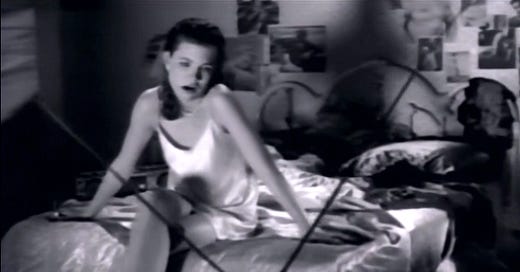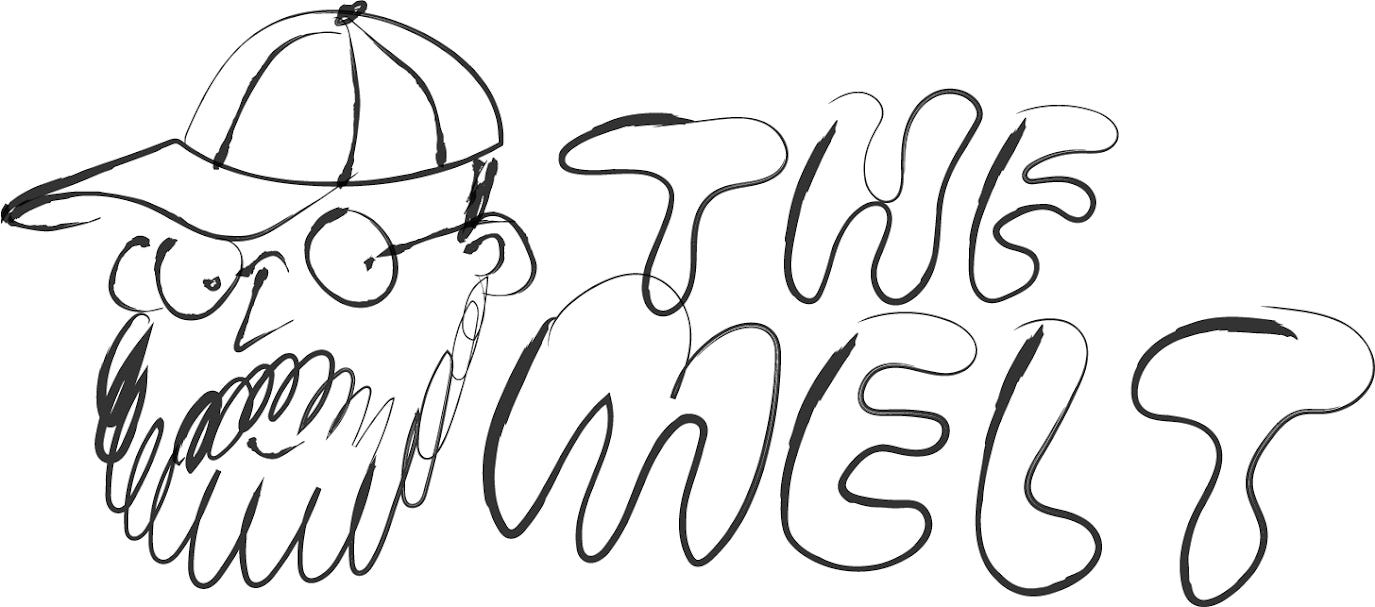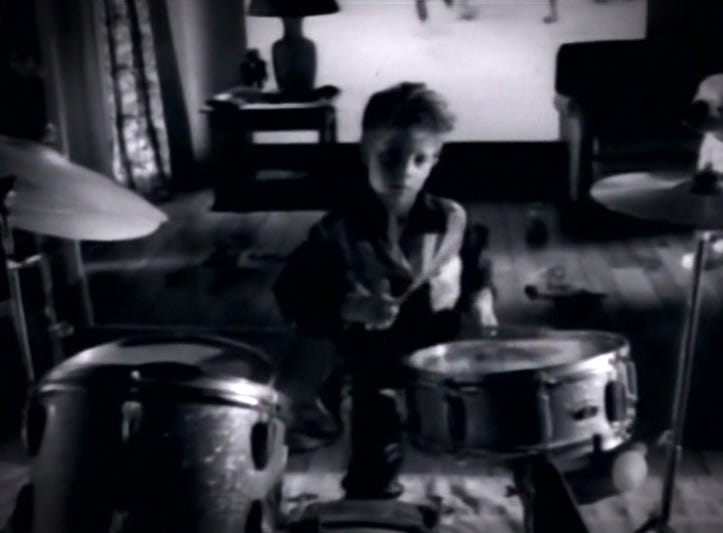The Melt is a newsletter by, about and largely to entertain Jason Diamond. Hopefully you also like it and will consider subscribing and sharing this post.
I’ve learned in life there’s just no use in trying to talk about anything related to the Eagles and not expecting some sort of backlash. They’re the band that people either absolutely hate, or they care them enough to have helped make them one of the best-selling bands ever. It’s a very strange position to be in, and one that I’m guessing the surviving members of the band could care less about since they’re all insanely rich.
I won’t really weigh in on whether I like them or if they’re “good” or “bad,” but I will say I’ve always found there to be something evocative about some of the songs the band made and then the members of the band went on to make as solo artists in the 1980s. I will say that I appreciate the Eagles because they represent this moment in time when the dream was obviously over for a generation, but nobody wanted to admit it. Boomers didn’t want the good times to end, but by the time the band put out their first album in 1972, the 1960s had been dead and buried for a few years. The band’s sound, while supposedly reflecting a “peaceful easy feeling” is almost always really dark and sad, hinting at some sort of emptiness that people couldn’t contextualize at that point. I think by the time the band put out their most famous song in 1976, “Hotel California,” they understood everything was running on empty and the song reflects that. I’ve always thought “Hotel California” is an incredibly dark and creepy song and that’s why I’ve always liked it. Years later, Don Henley would explain that the song and the others on the album weren’t that different from any of the band’s other tracks. He told Rolling Stone:
They're the same themes that run through all of our work: loss of innocence, the cost of naiveté, the perils of fame, of excess; exploration of the dark underbelly of the American dream, idealism realized and idealism thwarted, illusion versus reality, the difficulties of balancing loving relationships and work, trying to square the conflicting relationship between business and art; the corruption in politics, the fading away of the Sixties dream of "peace, love and understanding.
And that’s why I’ve always appreciated the Eagles. Not necessarily like them, but I do think there was an honesty there that a lot of their contemporaries weren’t willing to let into their music. What I try to tell people when talking about “Hotel California” is that it’s basically a song for the hippie generation the way Revolutionary Road or Blue Velvet was a look at the darkness of the suburbs. It’s just that people love that “Hotel California” because it’s a song you likely first heard while you were sitting on a beach or looking up at the stars, or some chill vibe like that. You probably didn’t think about the death of idealism or the dream of the Sixties going to ashes I’m guessing. I sure didn’t. It was just a song I heard on the classic rock station.
The truth is that there are only a few songs from the Eagles universe that I truly think about. “Hotel California” is the big one, “One of These Nights” slaps, "and Seinfeld gave me an appreciation for “Desperado,” but the only other song connected to the band that I go hard for is Don Henley’s “Boys of Summer.” That song I truly do love. It is perfect. I will hear no arguments. And the video directed by Jean-Baptiste Mondino is absolutely perfect, all black and white, yuppies upset with their empty lives, Audie England looking stunning and a little kid playing the drums who…ended up joining Suicidal Tendencies in the 1990s.
The song itself feels like a continuation of “Hotel California.” The dream is still very much dead, but now it’s some sad, soulless zombie just trudging through Reagan’s America. Reading the whole thing sounds like the setup for some novel put out by Vintage Contemporaries. Driving around empty America, nobody on the road or the beach or in the lake or in the streets. And then the narrator is remembering somebody, probably from when they were younger and when things felt innocent. Then it comes back to the present and there’s the line about the Deadhead sticker on a Cadillac. I don’t know, but I feel like Henley could have written a short story in the vein of Denis Johnson or Raymond Carver. Not saying it would be a good short story, but the setup is there in this song. The narrator probably needs to be on his way to buy coke or something.
But that was 1984 and this is 2021. The song was never mine. It never spoke to a time I experienced, so I told myself I could never fully understand “Boys of Summer” because I wasn’t around to experience the ‘60s and ‘70s.
Then the other day, for no reason whatsoever, I found myself humming the song. I started thinking of the lyric “Don’t look back, you can never look back.” I began thinking about this particular summer, how disappointing everything has been. How stupid and silly Americans have acted after we started things off with so much hope. I started thinking of this hardcore band I saw a few times, Codeseven, and how when I was 18 they did this really incredible cover of the song with the two singers screaming the lyrics (yes, I’ve heard the Ataris version). I dialed their version of the song up and forgot how the two singers mostly, well, sing. They don’t scream as much as I remember save for chorus of the song, and then again when that part about not looking back comes up. I remember when I’d see the band play, they’d usually end their sets with the cover, and when they got to that “Don’t look back” part, everybody in the audience would do the hardcore finger point thing and scream along to that part. It was beautiful to be 18 and sweaty and screaming along to a song that I didn’t really give much thought to back then. It’s funny to think of that now, being in the middle of a hardcore show in the late-1990s, and thinking, “Man, that was my innocent time” and think about how a song by Don Henley represents that moment so perfectly. It’s funny how things work out, I suppose.






